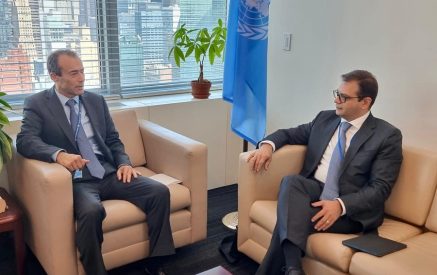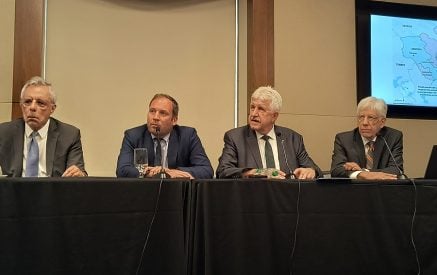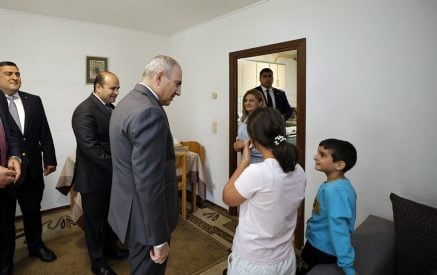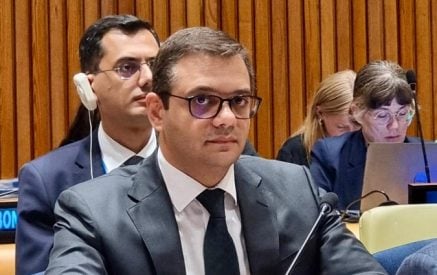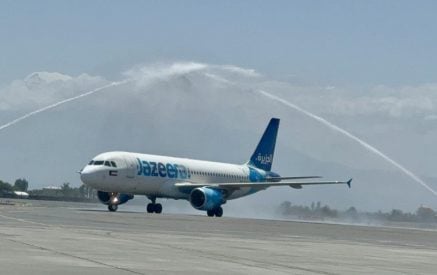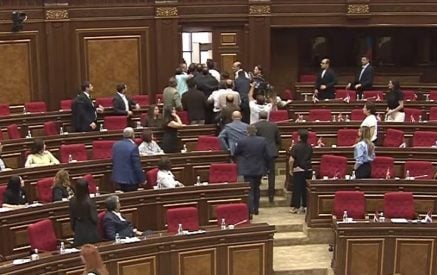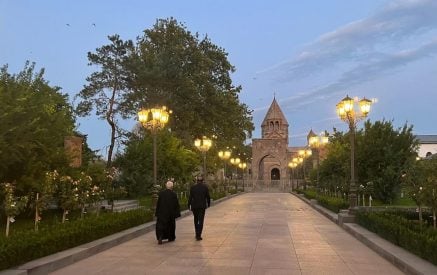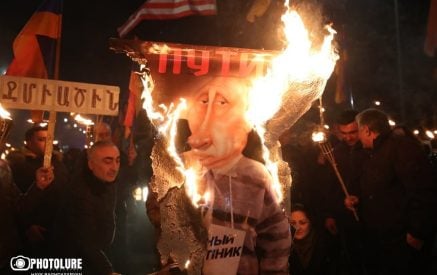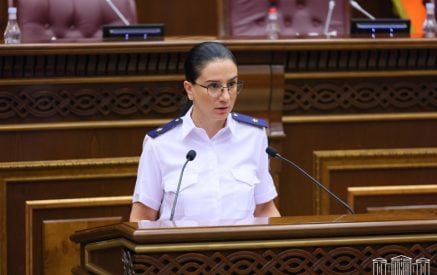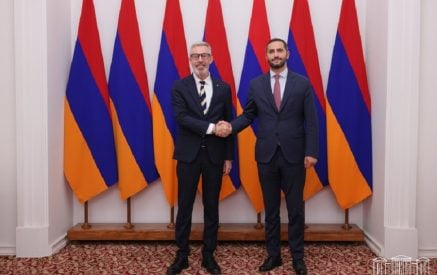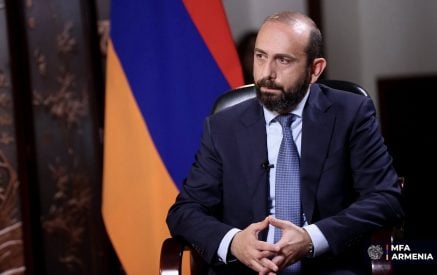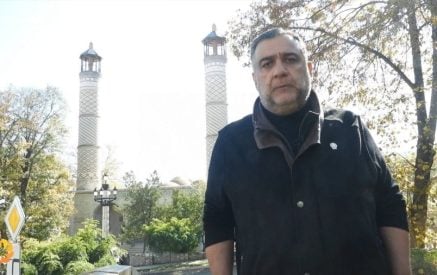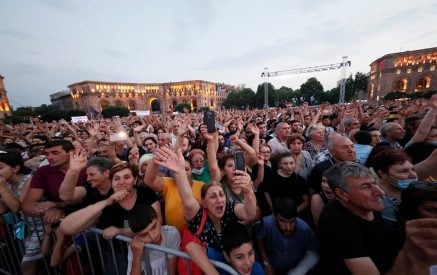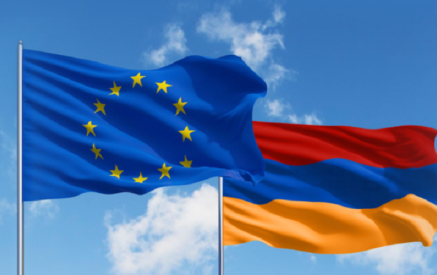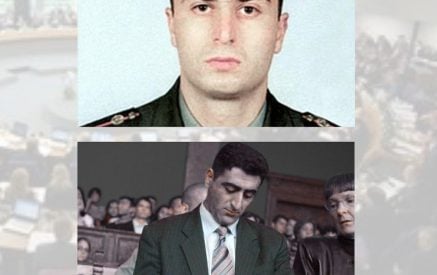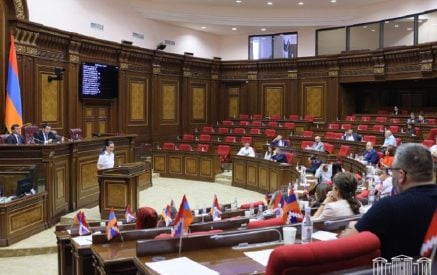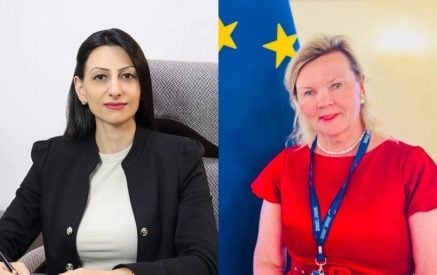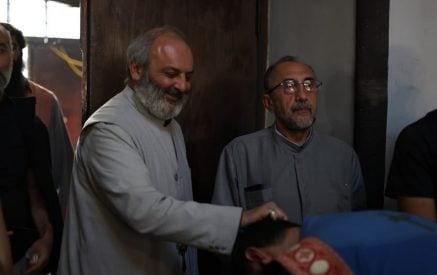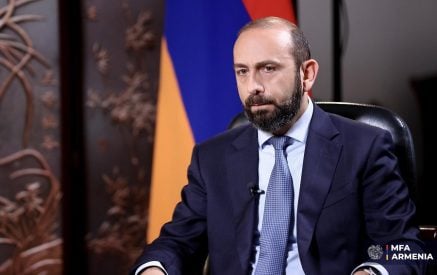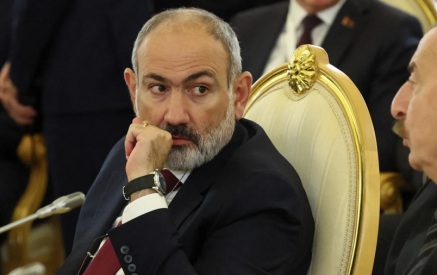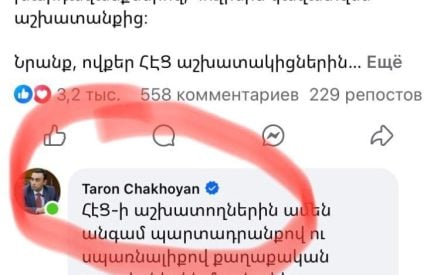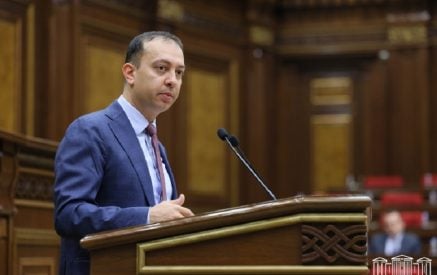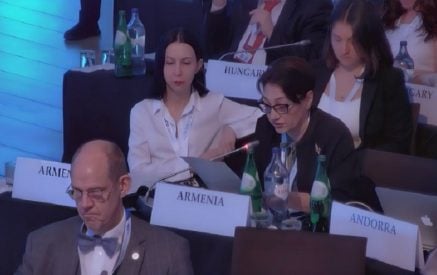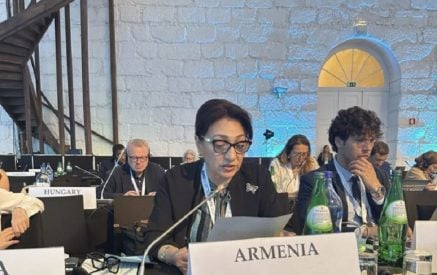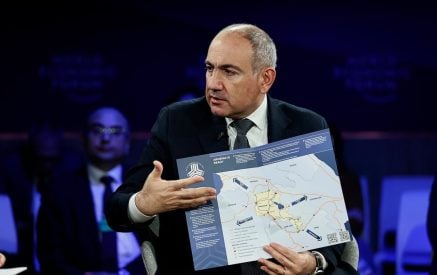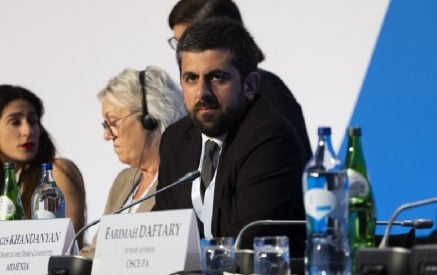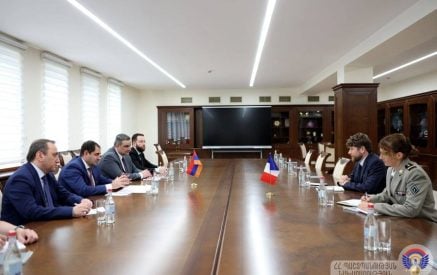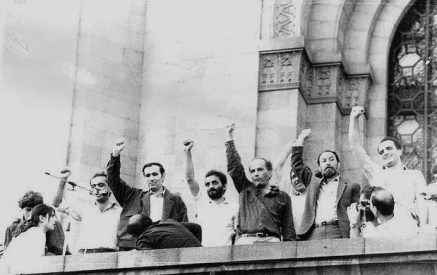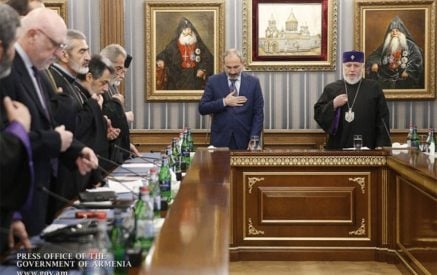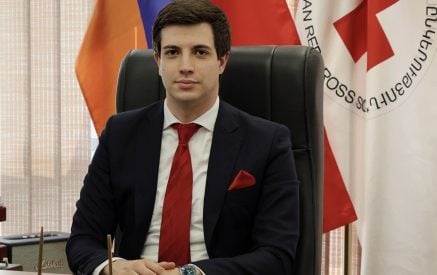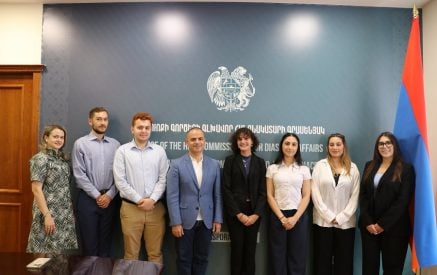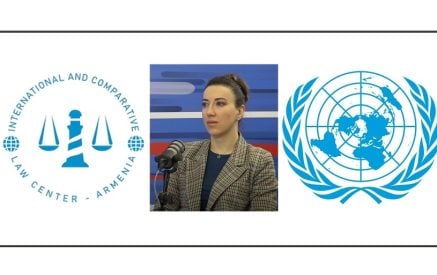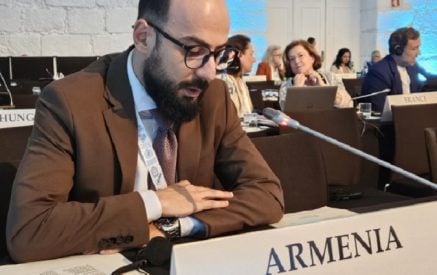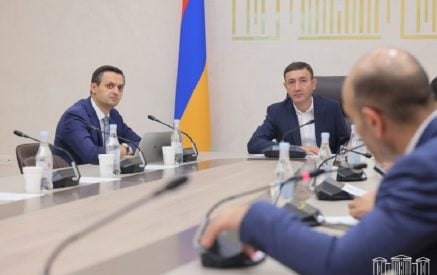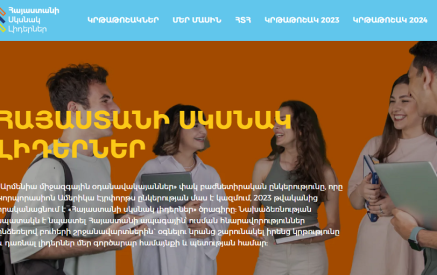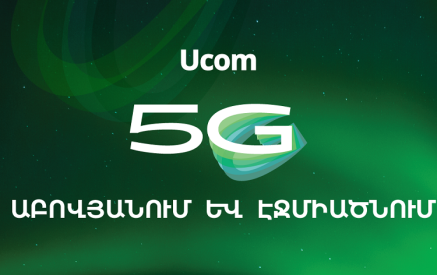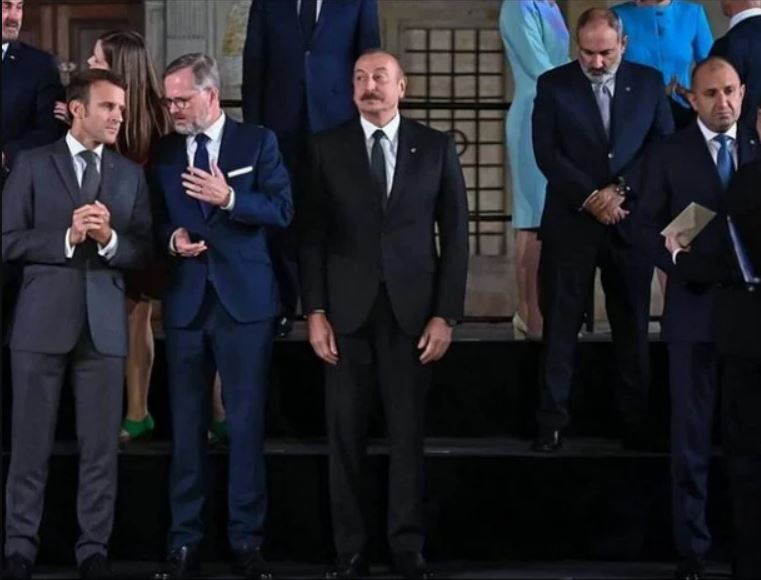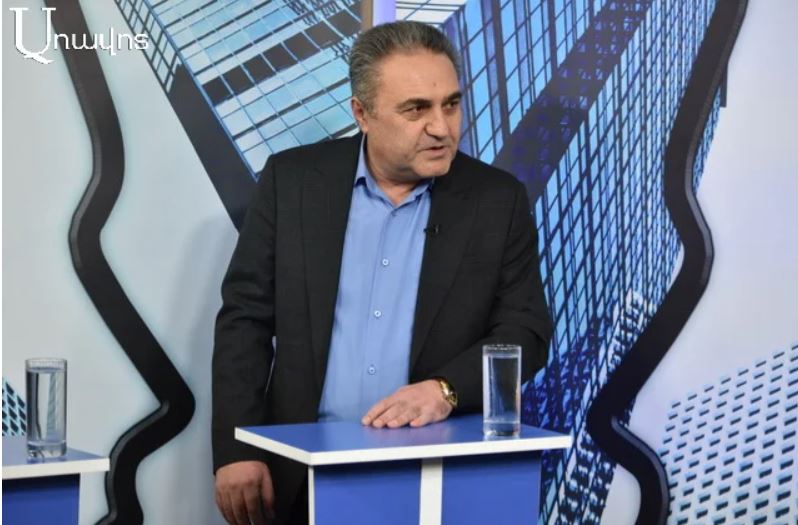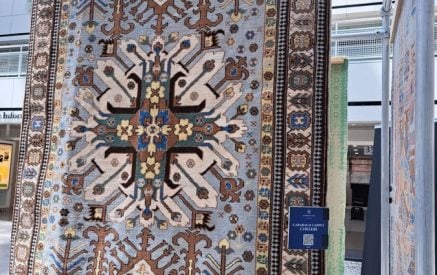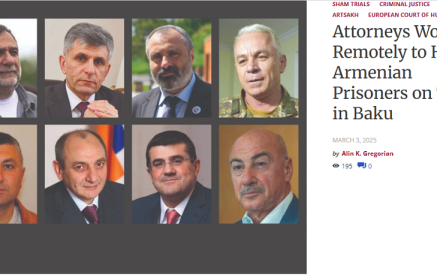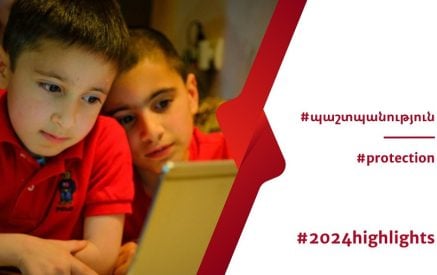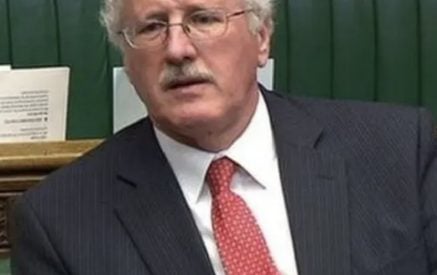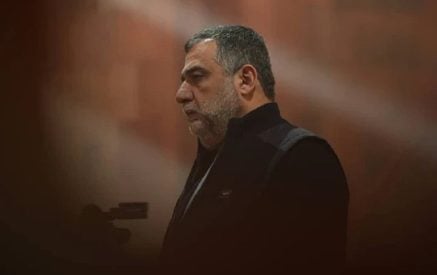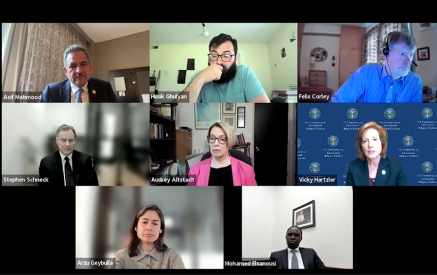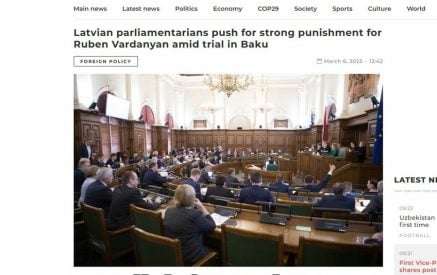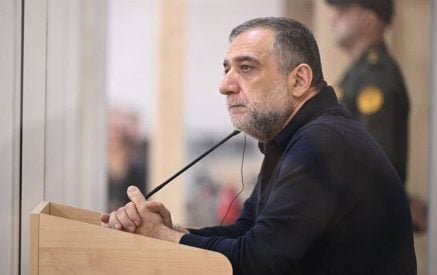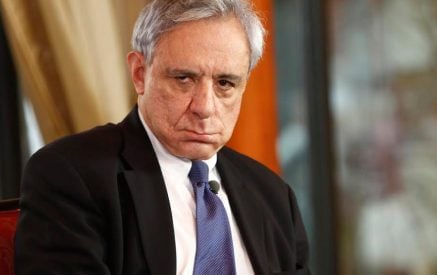The quadrilateral statement following the Pashinyan-Aliyev meeting in Prague, initiated by the President of France and the President of the European Council, is not so worrying. The problem here is that the peace agreement will not be limited to it. This is the opinion of political analyst Armen Baghdasaryan. It should be noted that in the quadripartite declaration, it is written that Armenia and Azerbaijan confirmed their commitment to the UN Charter and the 1991 Alma-Ata Declaration, through which both sides recognize each other’s territorial integrity and sovereignty. They confirmed that this will form the basis for the work of the commissions on delimitation and that the next meeting of these commissions will take place in Brussels by the end of October.
According to Baghdasaryan, this will not only be the mutual recognition of the territories of the states, because, as Nikol Pashinyan, as a reliable source, says that Azerbaijan actually presents five points, much heavier and much more serious demands. “And if these demands are not included in the document of the peace treaty, then Azerbaijan, most likely, will not sign any document. This is what is worrying.
Also, reading that joint statement, we see that there is no mention of a peace agreement, it is only about the parties recognizing each other’s territorial integrity, and based on that, continue the steps towards demarcation and delimitation. If the peace agreement was based on that alone, we might not have much to worry about. The concern is that Azerbaijan will continue to present demands, to insist that new points be included in the agreement. And in case of Armenia’s refusal, they will place all the blame on the Armenian side in front of the international community and will try to solve the problem through military escalation.”
Read also
The quadrilateral statement also stated that Armenia expressed its agreement to encourage the EU civilian mission along the border with Azerbaijan. Azerbaijan agreed to cooperate with the said mission to the extent that it would be relevant. The mission will start its work in October, for a maximum period of two months. The purpose of the mission will be to build confidence and, through its reports, support the border commissions.
To our question, what will be the result of this civilian mission, especially since it will be for two months, Baghdasaryan answered that it may have some deterrent role for some period of time, but we should not have high hopes for it. “Especially if we take into account that, as a rule, the European Union always strives to show balanced approaches. For example, the reaction to the shooting of our prisoners of war. So, the civilian mission is not a guarantee.”
In response to our question about whether the issue of enclaves will be included with the mutual recognition of territorial integrity, the political analyst gave a positive answer. “We will not be able to avoid discussing the issue of these enclaves. However, discussion of the issue does not mean that we will give those enclaves. Perhaps it can be avoided, for example, by exchanging some territories. But we will not be able to avoid the question in general, because yes, in December 1991, when the Alma-Ata declaration was adopted, the borders of Soviet Armenia and Soviet Azerbaijan, in which these enclaves are located, were taken into account. Does the recognition of territorial integrity mean that Armenia recognizes Artsakh as part of Azerbaijan?
In response to our question, Baghdasaryan said, “It doesn’t mean that. The problem here is that Armenia did not directly connect each other’s territorial integrity with the Artsakh problem. Because if Armenia did not recognize the territorial integrity of Azerbaijan, it would mean that Armenia has ambitions for the territories of Azerbaijan. Meanwhile, the Armenian side presented it as a matter of the right to self-determination, which is internationally recognized. It was right to go in that direction. Now the problem is that we cannot say that we recognize your territorial integrity, but Artsakh’s right to self-determination… etc.
Because Azerbaijan generally refuses to discuss the Artsakh issue with anyone. It says that it is their internal problem. This was not the case before, on the contrary, Azerbaijan was willing to discuss the issue of Karabakh, its status, highest autonomy, etc. Now the position has changed, they say: if you recognize territorial integrity, then that’s it, after that it’s up to us.”
According to Baghdasaryan, after recognizing the problem, Armenia needs to take the steps that we do not have at the moment. Finally, according to the political analyst, until the text of the peace agreement exists, until these demands of Azerbaijan are clearly recorded, and Baghdasaryan is sure that Armenia will reject them, because according to him, those five proposals are not a peace agreement, it is an agreement of Armenia as a state about eliminating it, and until that document is on the table, we cannot say that it’s over. “Azerbaijan will increase those demands. One way or another, I don’t think it will be possible to finally solve this problem at the negotiating table.”
Nelly BABAYAN


